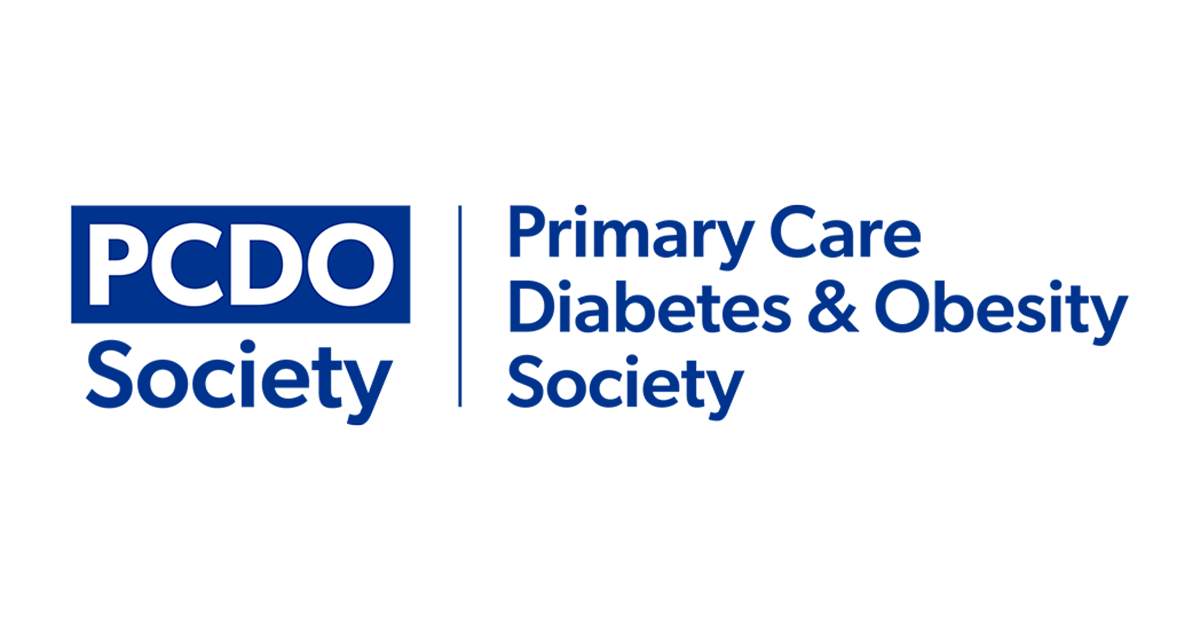An audit is a proven method of quality improvement, giving practices a systemic way to look at what they should be doing, what they are doing and how to make improvements to benefit patient care. When deciding what to audit, there are a few things to consider:
- The diabetes-related condition being audited should affect large numbers of people
- There should be an evidence base for the condition and the interventions being audited
- At baseline there should ideally be variations in care
- The audit cycle should include data collection at baseline, the intervention or change in practice, and re-audit after a pre-agreed time to measure change
For inspiration and ideas, see our audit series at www.pcdsociety.org/audits
Entry process and requirements
Entries are invited in the form of a titled abstract of no more than 250 words, which should include the following sections:
- Aims or objectives: What is the objective of the audit?
- Methods: Criteria, standard(s), target(s) and exception(s) and the time between baseline and re-audit
- Results: The baseline and re-audit results
- Conclusion: What improvements have been achieved?
Entries must be made electronically by 17:30 on 28 September 2018.
Visit www.diabetesonthenet.com/events and click through to the booking page for the 14th National Conference of the PCDS, where you will find an online submission form. Your abstract will be anonymously peer reviewed and you will receive confirmation of acceptance or non-acceptance by 12 October 2018. Abstracts of accepted posters will be published in a special supplement to Diabetes & Primary Care.
Please contact the events team on 020 3735 8244 if you have any questions or require further information.





Seeing rising numbers of people with private prescriptions for injectable weight loss drugs, Jane Diggle discusses how to maximise their benefits.
3 Mar 2025